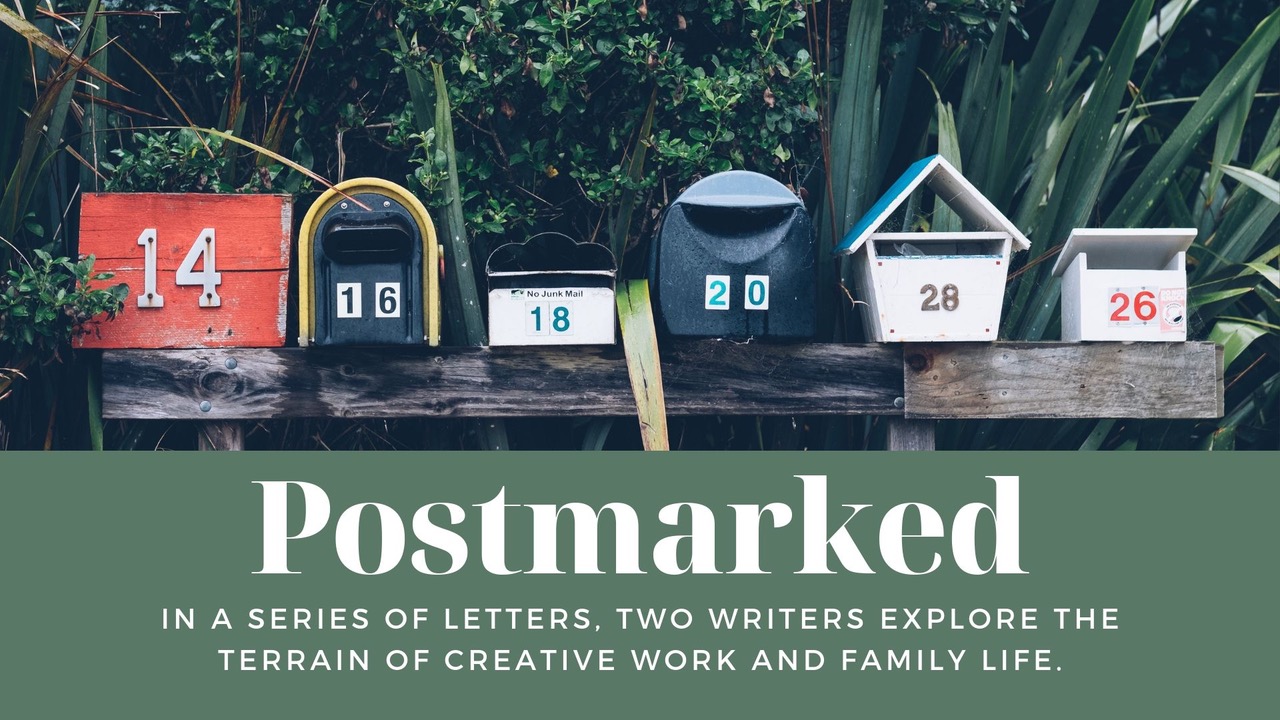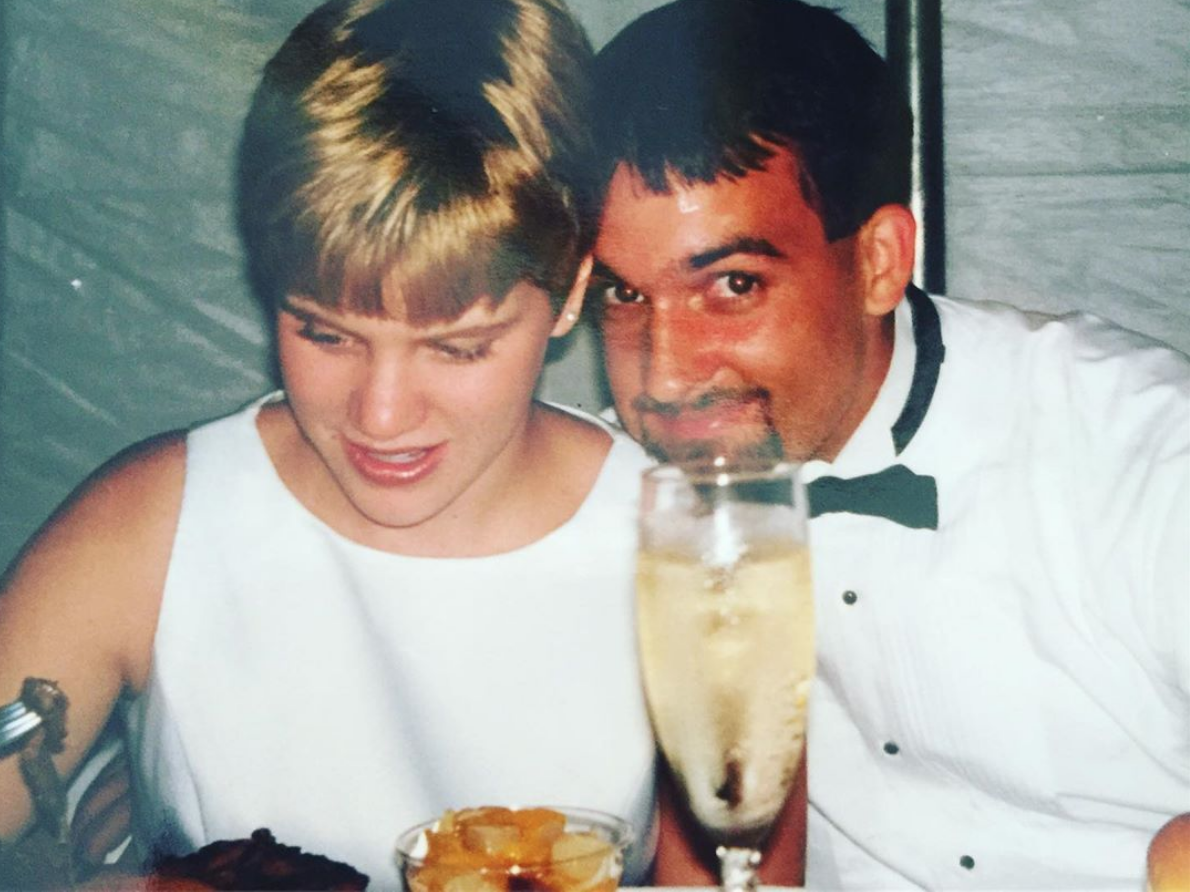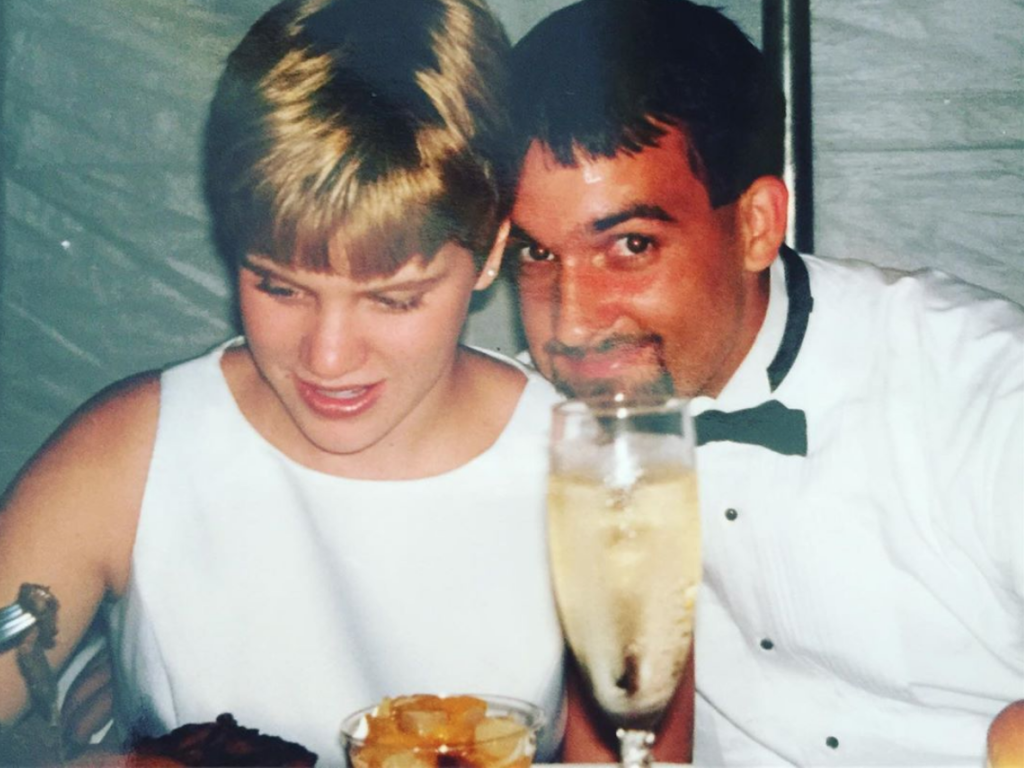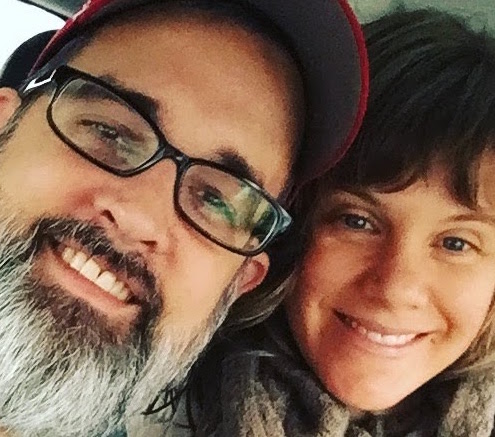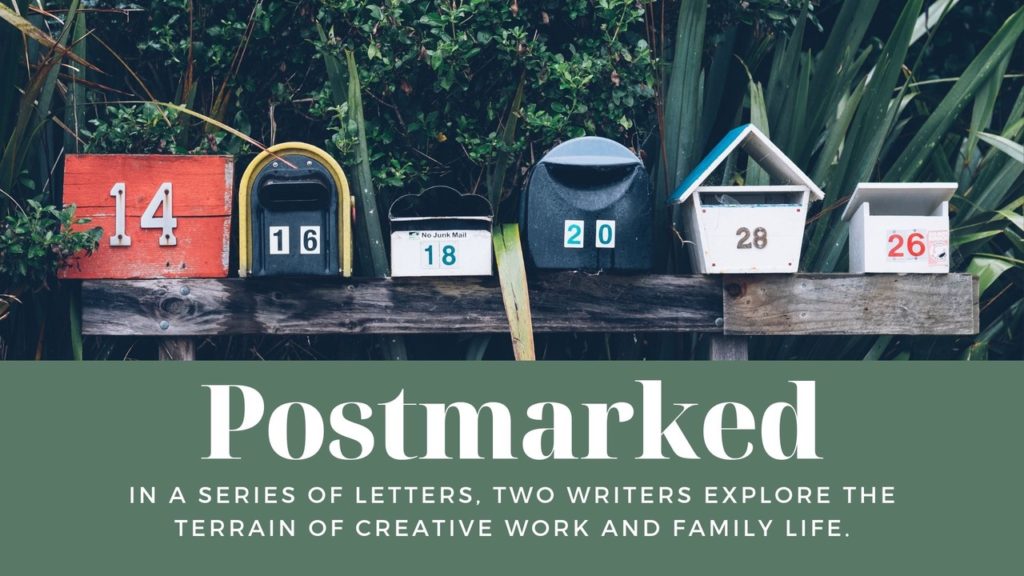
Dear Jen
I’m writing in a coffee shop in the middle of our small city today, sitting along a wall of glass, watching the traffic go by. I feel unsettled, like a dog turning around and around, trying to find that exact right spot. It’s a cold one out there, the time of year when it’s hard to believe something like summer exists.
January has been full. I’m in the middle of a few collaborative projects while nearing the halfway point of the writing for my next novel, and Maile and I are still cranking out weekly podcast episodes. Our oldest two are navigating high school and jobs and friends. Our middles are busy with sports and after-school clubs. Our two littles are mostly delightful but occasionally holy terrors.
The days blend together.
There is a line from your last letter (as there usually is) that has stuck with me. I keep looking at it, reading the lines to either side of it, and while I do not know the sound of your voice, I do know how it feels to say these words:
“I just don’t know…I wish I were more optimistic.”
You mentioned that, although Surprised by Paradox received an award, it’s not selling well. That you’re not sure what’s left to do.
It does seem that as creative people, much of that which makes up our work and our lives tangles together in inseparable threads: things like sales, networking, marketing, awards, happiness, optimism, contracts, and the creating itself. It is so difficult, sometimes impossible, to pull these things apart, so that when a book doesn’t sell well we might feel that the book is, itself, unwell. Or we might think that if a book doesn’t sell well, we (or our publishers) are not marketing it enough. Or that, if we would only win such-and-such award, sales would increase. Or that, if only so-and-so would endorse it, the book would become a bestseller.
I only mention those particular myths because they are all thoughts that have flitted through my head from time to time. Perhaps they have visited you as well.
Add to all of this that we are finite beings in a world that seems to make infinite requests of us, and it is hard, sometimes near impossible, to remain optimistic.
Can I share with you the way that I try to maintain my optimism? Because while my books have won awards as well (“Look at that! Why, it’s a major award!” – A Christmas Story), I have no bestsellers to my name. What I have begun attempting is to separate the threads. It is not easy. But here it is:
When I write a book that I know represents my best work at the time, I celebrate it, regardless of sales or endorsements or awards.
When a book I have written wins an award or gets the backing of someone with a platform, I am thankful, though I have to remind myself it is not a reflection of who I am as a person or increase my self-worth in any way.
When a book doesn’t sell well, I try, as much as is humanly possible, to keep that as a thread separate from how I view my ability, or my marketing efforts, or my publisher’s effort to sell the book.
Nearly every morning when I wake up, these threads have re-tangled. A kind word about my work sends my ego soaring. A not-so-awe-inspiring royalty report on sales threatens to upend me. I have to do the hard work, again, of untangling the threads—this usually requires silence, stillness, serving my family and community, or creating space between me and my work. Lots of other things work, too.
Stay optimistic, Jen, but not about sales, because what can we really do about that? Really? No, stay optimistic about your ability to write, because you are a strong writer, and that’s something worth your optimism; remain optimistic about the quality of that which you are creating, whether it be a book, a family, a meal, or a marriage, because you have shown your ability in these areas, and they are worth your optimism.
I hope this doesn’t come across as preachy, or critical of your momentary lack of optimism. It’s just that I know the feeling so, so well, and it makes me sad when wonderful books don’t sell well. And I so badly want my writer friends to keep going, to keep loving the work.
I love how you put it: “There is a ‘wholeness’ to everything we do…in the sense that we belong to God and everything belongs to him—but also a wholeness in terms of the underlying ambition of it all. I’m going to keep making—because that’s part of what it means to be human.”
You’re going to keep making. That in itself shows a huge amount of optimism.
Well, I’m still reluctant to hit send on this one—it feels much more prescriptive than I would like it to. But I hope it’s an encouragement to you.
I am wondering now—how do you keep the threads separate? How do you keep creating, even when the awards or sales or endorsements don’t come along?
And do you like Toronto winters, or does February find you craving spring?
Warmest Regards
Shawn
* * * * *
What began as a Twitter conversation between two writers on creative work and family life has become an exchange of letters. Here is where Postmarked began:
Postmarked: Dear Shawn (1)

